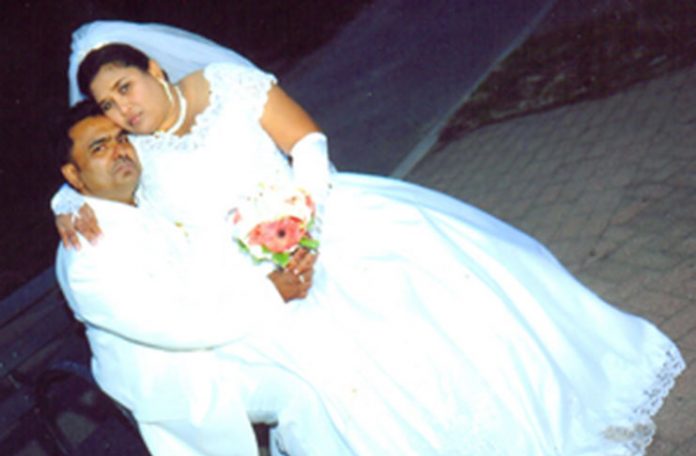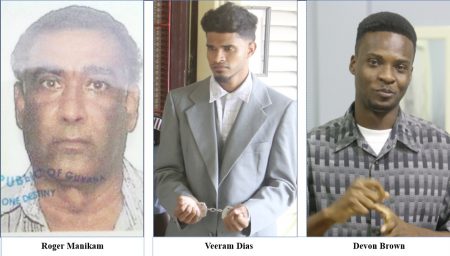Prince posted:Mitwah posted:Prince posted:I posted this story before the sentence but I am shocked to hear they were given the death penalty. This is too harsh for two middle-aged women in my opinion.
The Judge took into account that it was premeditated.
How many murders are accidental? I don't think this is the first premeditated murder the judge ever ruled on. When thieves targetted your home for a midnight robbery it's premeditated. Why kill two healthy women and spare the men?
You are not comparing orange with orange.




